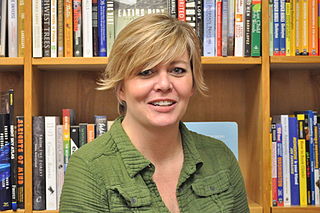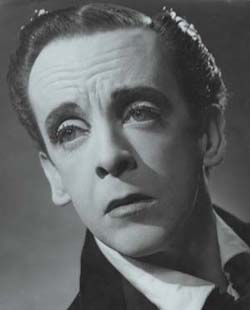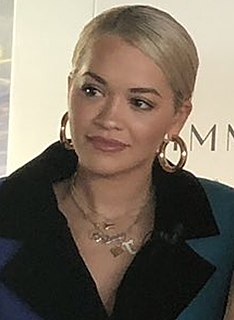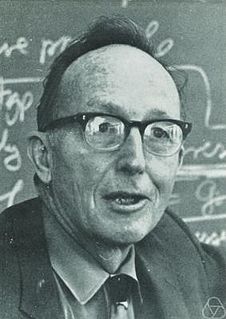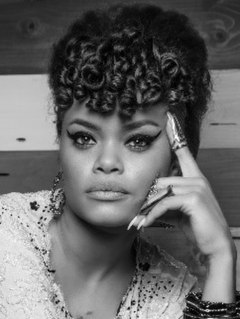A Quote by Paul Dano
On set, the playground for the character, how much it takes varies. Is it like ballet, is it like jazz? The content always lends itself to the form, and it's really not mathematics.
Related Quotes
I notice how it takes a lazy man, a man that hates moving, to get set on moving once he does get started off, the same as when he was set on staying still, like it aint the moving he hates so much as the starting and the stopping. And like he would be kind of proud of whatever come up to make the moving or the setting still look hard. He set there on the wagon hunched up, blinking, listening to us tell about how quick the bridge went and how high the water was, and I be durn if he didn't act like he was proud of it, like he had made the river rise himself.
Comedy is a funny thing, and it's really not like any other art form in that it's very specialized and varied in it's content, but generic in it's title. You would never go to a club just to see "Live music," you would go to a jazz club to see jazz, a blues club to see blues, etc. But when you go to see "standup comedy," if you don't know the performers material, you really don't have any idea what you're gonna get.
I love jazz. So to me, there are two main types of jazz. There's dancing jazz, and then there's listening jazz. Listening jazz is like Thelonius Monk or John Coltrane, where it's a listening experience. So that's what I like; I like to make stuff that you listen to. It's not really meant to get you up; it's meant to get your mind focused. That's why you sit and listen to jazz. You dance to big band or whatever, but for the most part, you sit and listen to jazz. I think it comes from that aesthetic, trying to take that jazz listening experience and put it on hip-hop.
There are two generic and invariable features that characterize utopias. One is the content: the authors of utopias paint what they consider to be ideal societies; translating this into the language of mathematics, we might say that utopias bear a + sign. The other feature, organically growing out of the content, is to be found in the form: a utopia is always static; it is always descriptive and has no, of almost no, plot dynamics.
When something arrives, you have no idea what's in it, which is good. And then, it's is the story leaps off the page at you and how your character functions within it. There could be just one scene and if it's wonderful, it doesn't matter how much you're working on it because you just want to be in it. It's really about what your character's day to day world looks like, and if you feel like that's something that's complete, and that you'd like to inhabit for awhile. You'll know by a couple of scenes in. If the character grabs you, you run with it.
. . . the membership relation for sets can often be replaced by the composition operation for functions. This leads to an alternative foundation for Mathematics upon categories -- specifically, on the category of all functions. Now much of Mathematics is dynamic, in that it deals with morphisms of an object into another object of the same kind. Such morphisms (like functions) form categories, and so the approach via categories fits well with the objective of organizing and understanding Mathematics. That, in truth, should be the goal of a proper philosophy of Mathematics.
One interesting thing about jazz, or art in general, but jazz especially is such an individual art form in the sense that improvisation is such a big part of it, so it feels like it should be less soldiers in an army and more like free spirits melding. And yet, big band jazz has a real military side to it.
Every actor has their own process. For me, I really need to stay in the pocket. So, if I'm on set and I'm in character, I'm not thinking like a producer. If I'm on set and I'm not in character, wardrobe and make-up, and I'm just coming on set for the moments that I'm not shooting, then I'm able to be the producer.

